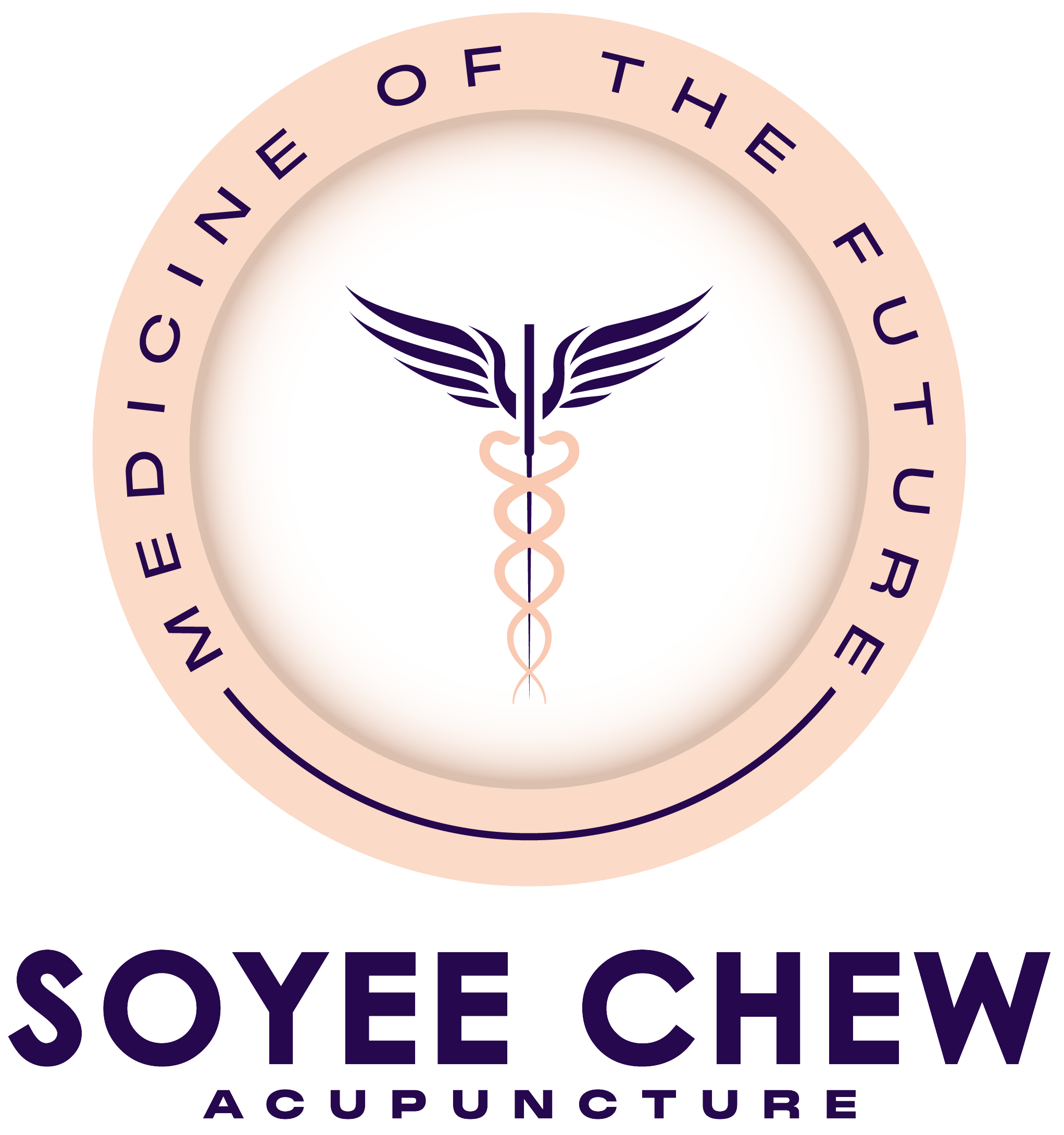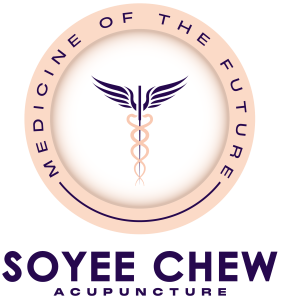2019, Journal of Affective Disorders
Depression had a significantly increased risk of stroke. Some patients with depression seek acupuncture treatment. The aim of this study is to investigate the association between acupuncture treatment and risk of developing stroke in patients with depression.
Patients with newly diagnosed depression above 18 years old between 1997 and 2010 were selected from the Taiwanese National Health Insurance Research Database, and followed up until the end of 2013. The 1:1 propensity score method was used to match an equal number of patients (N = 13,823) in the acupuncture and non-acupuncture cohorts, based on characteristics including sex, age, baseline comorbidity and drug used. The outcome measurement was the comparison of stroke incidence in the two cohorts. We used the Cox regression model and the Kaplan–Meier method to estimate the risk of developing stroke.
Compared with the non-acupuncture cohort, patients who received acupuncture treatment had a lower risk of stroke (adjusted hazard ratio (HR) = 0.49, 95% confidential interval = 0.45–0.52) after adjustment for age, sex, comorbidities and drugs used. Regarding the two types of stroke, acupuncture users also had lower risk of hemorrhagic or ischemic stroke (adjusted HR = 0.37 and 0.49, respectively). The cumulative incidence of stroke in the acupuncture cohort was significantly lower than that of the non-acupuncture cohort (log-rank test, p < 0.001). At the 5th year of follow-up, 7.22% of acupuncture users had stroke onset compared with 14% in the non-acupuncture cohort.
The database provided information of antidepressants but not the severity of depression. Details of the life style and selection of acupoints were also not provided.
- The present study revealed that acupuncture reduced the risk of developing stroke in depression patients in Taiwan. Further clinical studies investigating the mechanisms and efficacy of acupuncture are warranted.
2017, European Journal of Integrative Medicine
Citation Excerpt :
Auricular acupuncture (AA) is a branch of acupuncture [13]. Acupuncture and AA have been used to treat insomnia disorder [14–16] as well as anxiety [17] and depression [18]. In a qualitative study by Bergdahl et al. [19] the patients in an outpatient clinic for substance dependence experienced subjective improved sleep as well as reduced anxiety, an increased sense of wellbeing and relaxation after AA treatment [19].
The interest in non-pharmacological interventions for insomnia disorder has increased. The aim was to assess the immediate treatment effects of auricular acupuncture (AA) and cognitive behavioural therapy for insomnia (CBT-i) regarding discontinuation of hypnotic usage and symptoms of anxiety, depression and insomnia.
Prospective randomised controlled study. Fifty-seven participants (mean age 61 years (SD 8.6)) with insomnia disorder and long-term use of non-benzodiazepine hypnotics received group-treatment with AA or CBT-i.
Pre- and post-treatment measures included symptoms of anxiety, depression and insomnia via self-report questionnaires: Hospital Anxiety and Depression scale (HAD-A, HAD-D) and Insomnia Severity Index (ISI). Other sleep parameters and hypnotic consumption were measured with a sleep diary. Linear mixed models were performed to examine treatment effect over time within and between the groups.
Seventy-one percent of the AA participants and 84% of the CBT-i participants managed to discontinue their hypnotic drug consumption post-treatment. Symptoms of anxiety and depression decreased within the AA group (HAD-A (p < 0.05), HAD-D (p < 0.05)) and insomnia symptoms decreased within the CBT-i group (ISI (p < 0.001)). The only between-group difference occurred in ISI (p < 0.001), in favour of CBT-i. According to the within-group sleep diary results, the CBT-i group went to bed later (p < 0.001), fell asleep quicker (p < 0.05), increased their sleep efficiency (p < 0.001) and self-rated sleep quality (p < 0.05) post-treatment.
Both groups ended/maintained low hypnotic drug consumption post-treatment. Short-term reductions occurred in the AA group in anxiety and depression symptoms and in the CBT-i group regarding insomnia symptoms.
BMJ Support Palliat Care
2021 Sep;11(3):264-270.
doi: 10.1136/bmjspcare-2020-002638. Epub 2021 Jan 13.

